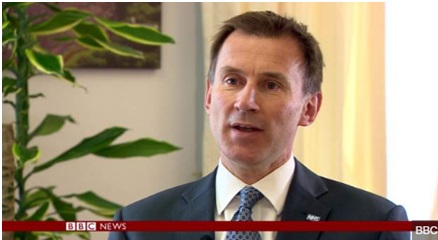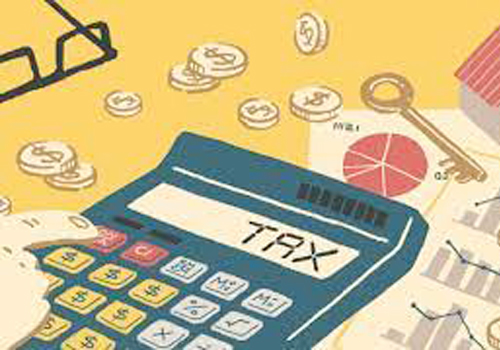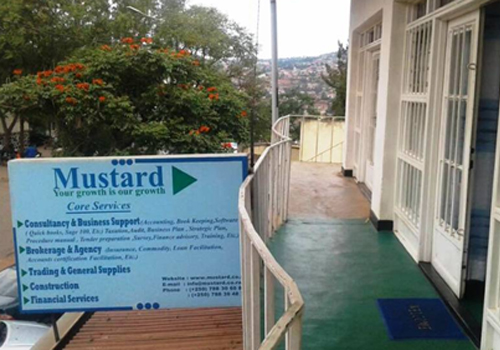
US cybersecurity stocks called higher as markets react to ransomware attack
U.S. cybersecurity firms look set to rise once markets open later today, as the world reacts to the global "ransomware" attacks which affected thousands of computer in at least 150 countries.
Shares in Cisco, FireEye and Symantec are called higher in premarket trade. Cisco and FireEye are called up around 2 percent, while Symantec is up about 1.6 percent.
European Cybersecurity stocks and ETFs have seen sharp rises in trade today. Shares in the U.K. firm Sophos rose more than 7 percent.
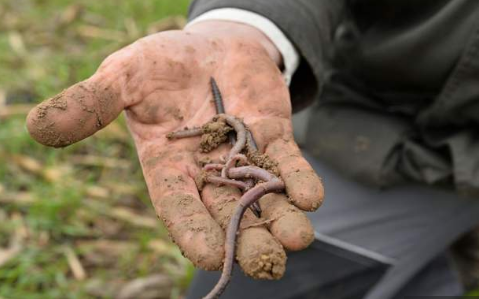
The ransomware attack is being referred to as a worm, but what does this actually mean ?
Just in the way that worms can wriggle their way discretely into small nooks and crannies, a worm virus can spread from device to device.
But unlike a virus they don’t need to attach themselves to other programs. Worms can copy themselves hundreds of times, so they can very quickly harm your device and other devices.
A worm might copy itself onto your email account for example and then send a copy to all of your email contacts.
Share
Where has the cyber attack hit ?
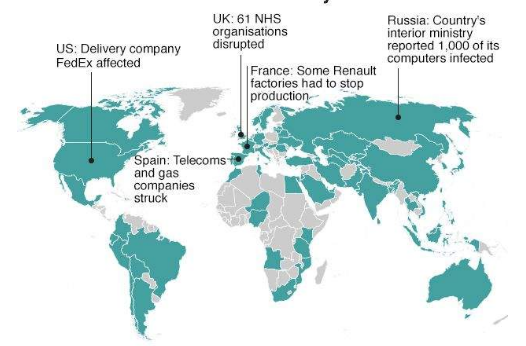
A quick recap on which firms were affected by Friday’s attack - they include Germany’s rail network Deutsche Bahn, Spanish telecommunications operator Telefonica, US logistics giant FedEx and Chinese energy giant PetroChina.
French carmaker Renault, as well as Japanese firms Nissan and Hitachi reported some units had been affected, but the effects had been small.
Health Secretary Jeremy Hunt has come under pressure for not speaking about the global cyber-attack which disrupted hospitals and GP surgeries across England and Scotland.
In his first interview since the attacks, Mr Hunt told the BBC that UK intelligence services had found no evidence of a second wave of disruption.
He added : "The level of criminal activity is at the lower end of the range we had anticipated. I think that is encouraging."
No second cyber attack so far
The UK’s National Crime Agency has just said so far there has been no evidence of a much feared second round of cyber attacks.
There had been concerns of a second wave as employees turned on their computers and checked e-mails as they returned to work on Monday.
"We haven’t seen a second spike in #WannaCry #ransomware attacks, but that doesn’t mean there won’t be one," tweeted the NCA.
Bitcoin could prove the clue
People around the world are now trying to track down the hackers behind the ransomware attack.
Virtual currency Bitcoin could be a way to trace them, according to the UN’s head of global cyber-crime Neil Walsh :
"In the past month alone we have trained investigators and prosecutors in over 40 countries on how to investigate Bitcoin transactions and how to link those transactions to find an individual or entity.
"So, that is the risk (for the hackers) if they start to get payments coming back. It gives us opportunities to investigate and identify."
However BBC analysis of three accounts linked to the ransom demands suggests only about $38,000 (£29,400) had been paid by Monday morning.
Which NHS trusts are still affected ?
BBC research has found that the NHS trusts in England still affected by Friday’s cyber attack include :
Barts Health NHS Trust
Colchester University Hospital NHS Trust
East & North Hertfordshire NHS Trust
George Eliot Hospital NHS Trust
Hampshire Hospitals NHS Trust
James Paget Hospital NHS Trust
Lancashire Teaching Hospitals NHS Trust
Mid Essex Hospital NHS Trust
North Cumbria University Hospitals NHS Trust
Southport and Ormskirk Hospital NHS Trust
United Lincolnshire Hospitals NHS Trust
York Teaching Hospitals NHS Trust
